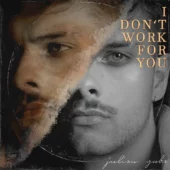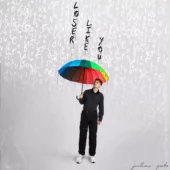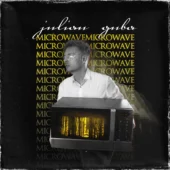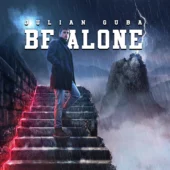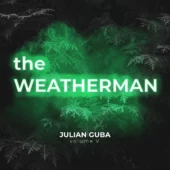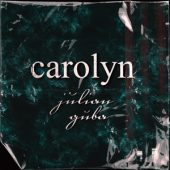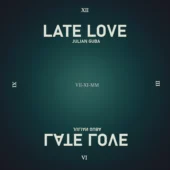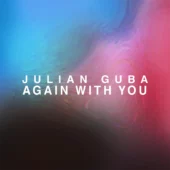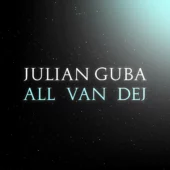How I Started Making Music
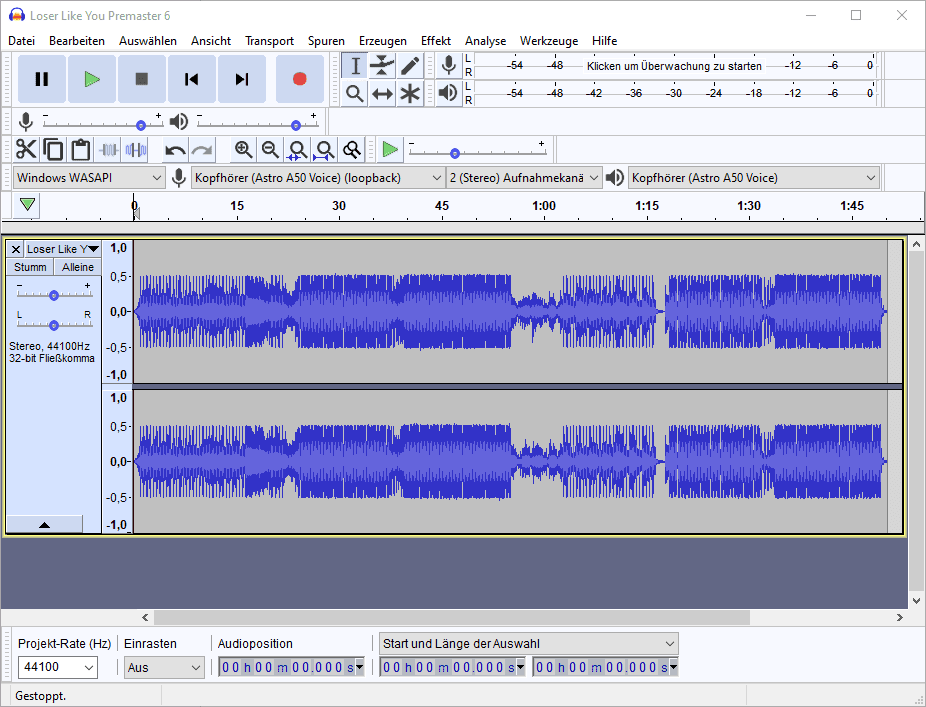
How I Started Making Music: My Journey
Music has always been an integral part of my life. I have been listening to music since I was a child and it has always been a source of joy for me. However, my love for music got to another level once I started making music myself. In this article, I will take you on a journey of how I started making music.
Early Beginnings: Making Mashups
Contents
My journey into music started when I was about 8 years old. I began by making mashups of popular songs: I downloaded the instrumentals and acapellas I could find on YouTube and mixed them together in the free application “Audacity” as well as “Samplitude Music Studio”. I would take two or three songs and put them at the same BPMs, match the keys, create transitions and eventually end up with something completely new. For young me, it was revolutionary to discover that certain songs would work well with the instrumentation or vocals of another! To be honest, it was quite a simple process, but it laid the foundation for my love of music production.
Exploring FL Studio Projects
When I was 11 years old, I started to play around with Fruity Loops Studio, mostly by downloading FL Studio project files that people would post on YouTube. Since those people had much more knowledge in music creation than me, they were using all sorts of plugins and music theory I had absolutely no clue about. However, that pushed me to change sounds, explore different note combinations and ultimately discover the basics of a chord progression! It was a great way for me to learn how different sounds and instruments worked together, as previously I had never once taken a class on music theory or production.
Understanding Chord Progressions
Over time, I began to understand what type of notes fit together to make a chord progression, and that they exist in different keys. It was a breakthrough moment for me when I realized that music was more than just random notes put together. There was structure and logic behind it.
I started to recognize patterns which helped me a lot when I started playing a bit of piano! Yet again something I never learned in a professional setting, I just messed around until I had something decent to listen to. This pattern recognition of chords is something that stuck with me to this very day, and it’s actually the first thing I listen for in a song: If a song has a chord progression I like, I am bound to like the song.
One of my all-time favorite chord progressions is Em C G D. (Or in fancy music terms: vi-IV-I-V, however I am nowhere near professional enough to be able to read that) It is a simple but effective progression that has been used in countless songs of all genres. I love the way it sounds and how versatile it can be. Whenever I feel stuck or uninspired, I always go back to this progression and start building from there.
Finding My Sound
As I continued to experiment and learn, I started to develop my own style and sound. I would combine different genres and sounds to create something unique, however this was definitely not an intentional process. Most of the times I just tried to emulate sounds of artists that I liked, and since I had basically no clue of what I was doing, the end result always sounded completely different to what the original was like. Over time this helped me become confident in calling a certain sound my own, as I found myself repeating a lot of steps when creating virtual instruments, simply because I liked the sound.
Learning Music Theory
As previously stated, I never really learned music theory in a professional sense. I taught myself the basics and the more advanced stuff as well, simply by doing the things I like: Creating chord progressions in a midi scale on the computer or playing the piano or the guitar whilst singing to it. Whilst my interest in music theory is quite big, I was never really a big fan of learning it traditionally and to this day I still don’t really know how to read music sheets.
Overcoming challenges
While making music always felt natural and enjoyable to me, it wasn’t always easy. I faced various challenges along the way, such as:
- Lack of resources: As a kid, I didn’t have access to expensive equipment or software. I had to make do with what I had, which often meant using free or cheap alternatives and getting creative with my approach.
- Limited knowledge: In the beginning, I had no proper knowledge about music theory. I had to rely on trial and error to figure out what sounded good and learn as much as I could from online resources.
- Self-doubt: Like any creative pursuit, making music requires a certain amount of vulnerability and risk-taking. There were times when I felt unsure of my abilities or worried that my work wasn’t good enough, however friends’ or family’s approvals can really help in becoming confident enough to release your music.
Expanding my horizons
As I grew more confident in my abilities and developed my own unique sound, I began to explore different genres and styles of music. Mostly within the electronic sphere, I experimented with combining genres like Dance or Pop as well as Trap or Atmospheric Music.
One of the most rewarding experiences of my music journey has been learning new and different approaches to music production, mostly through YouTube tutorials. Seeing how other, more professional people go about creating their sound inspired me a lot, as production issues have been the number one reason in my career as to why I haven’t released a lot of my demos.
Looking into the future
Today, making music is an integral part of my life. It’s not just a hobby or a passion, it’s a way of expressing myself. While I don’t know exactly where my music journey will take me in the future, I’m excited to continue exploring and creating, hopefully making it really big some day!
Conclusion
In conclusion, my journey into How I Started Making Music / music production began as a simple curiosity and evolved into a lifelong pursuit. Through trial and error, self-education, and a deep passion, I overcame challenges and expanded my horizons. Today, music is a vital part of my identity and a source of joy and fulfillment in my life.
FAQs
Do I need formal training to make music?
No, while formal training can be helpful, it’s not necessary to make music. There are many resources available online for self-education and experimentation.
How can I overcome self-doubt as a musician?
Remember that everyone experiences self-doubt at times, and it’s a natural part of the creative process. Focus on the joy of creating and seek support and feedback from others.
What equipment do I need to make music?
You can start with basic equipment such as a computer, software, and headphones. As you progress, you may want to invest in additional equipment at some point, such as professional VST plugins or more expensive microphones.
Can I make a career out of music production?
Yes, many people make a successful career out of music production. It takes hard work, dedication, and persistence, but it’s possible to make a living doing what you love.
What about songwriting?
Take a look into “My Journey as a songwriter”








